10 high-protein foods you should include in your diet
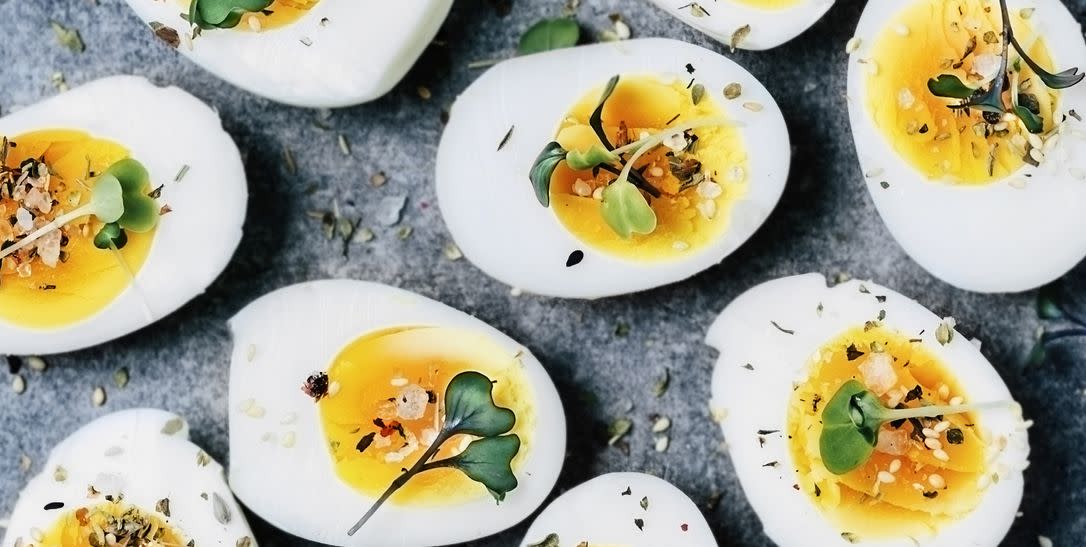
A high-protein diet may sound like a fad for body builders, but protein itself is an essential macronutrient for everyone of all ages. It makes up the building blocks of organs, muscles, skin and even your hormones, so it pays to make sure you have enough protein on your plate. But how much protein do you need, what are the best high protein foods and what's the healthiest way to bump up your protein stores?
We speak to Fresh Fitness Food expert nutritionist, Georgia Head about why we need protein and the best high-protein foods to include in your diet:
Why do we need protein?
Protein is the building block of all life and is essential for many vital processes in the human body including the growth of cells and tissue repair. Protein is also responsible for making enzymes, hormones, and other body chemicals.
If you eat animal products including meat, fish, eggs and dairy every day, you should be hitting your daily protein quota. However, if you follow a plant-based or vegan diet, meeting your protein needs can be more challenging.
How much protein do we need?
Protein is an essential nutrient and not consuming enough of it can seriously impact your health, but opinion is divided about exactly how much protein you need per day. Current guidelines say protein only has to make up 10-15 per cent of your daily diet to meet your body's needs.
'There is a large body of research into protein requirements, much of it providing conflicting results,' explains Head. 'Therefore, guidelines should be used as guidelines and not strict rules. The bottom line is, requirements are highly individual, as what works for one person may not for another in similar circumstances.’
According to the The British Nutrition Foundation, adults in the UK need 0.6g of protein per kg of body weight. The Reference Nutrient Intake (which is the amount of a nutrient which is enough for at least 97% of the population) is set at 0.75g of protein per kg per day, so this means:
The average man needs 56g protein per day.
The average woman need 45g protein per day.
The recommended dietary allowance equates to the equivalent of roughly two palm-sized portions of meat, fish, tofu, beans or pulses, explains Head. ‘But this is a guideline for populations rather than individuals, meaning it is a very general guideline,' she adds.
The amount of protein you need also changes during a lifetime and after the age of 50 your requirements may increase. Additionally during certain natural life stages such as pregnancy, breastfeeding and adolescence people may require extra protein. During recovery from trauma or illness protein needs will naturally increase and the elderly and athletes will have extra requirements.
If you have any concerns about your protein intake, speak to your GP or consult a registered dietician to ensure you meet the recommended dietary allowance that suits your individual needs.
Should we use protein supplements?
Protein shakes and supplements are all the rage, but can we rely on these as adequate protein sources, or should we stick to food? Good nutrition comes from food sources rather than a supplement fix or powder, so stick to eating healthy and nutritious food over supplements unless advised by your doctor or healthcare provider, advises Head.
‘While there is a time and place for protein supplements – and they should not be ousted altogether – as with all macro- and micro-nutrient intake, the priority should be to obtain adequate intake through a healthy and balanced diet,’ she explains. ‘Real, wholesome food should always come first. Supplements should not be used as a substitute.’
10 of the best high protein foods
Head outlines her top picks for high protein food sources:

Chicken
This lean protein contains roughly 31g protein per 100g, making it a good choice for health-conscious meat-eaters.

Salmon
Boasting an impressive 20g protein per 100g, salmon is also a great source of brain-friendly omega-3 fatty acids.
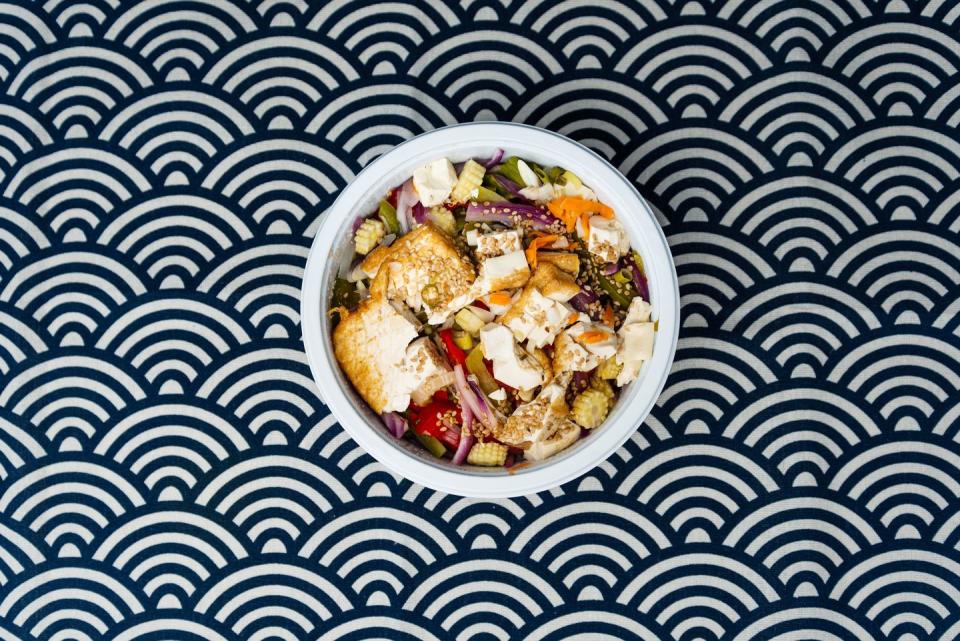
Tofu
Tofu is a highly versatile ingredient that contains 8g protein per 100g, making it a great protein source for vegans, vegetarians or anyone looking to reduce their meat intake. It’s also packed with fibre, calcium and iron.
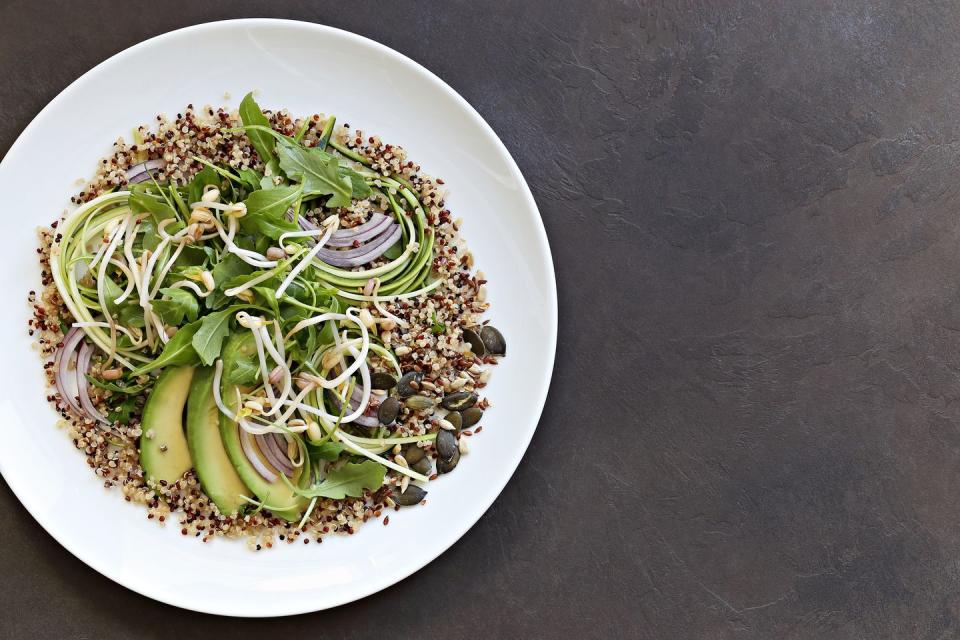
Quinoa
Gluten free and packed with protein, Quinoa (pronounced keen-wah) is also an excellent source of B vitamins, iron, potassium and vitamin E, making it an all-round superfood.
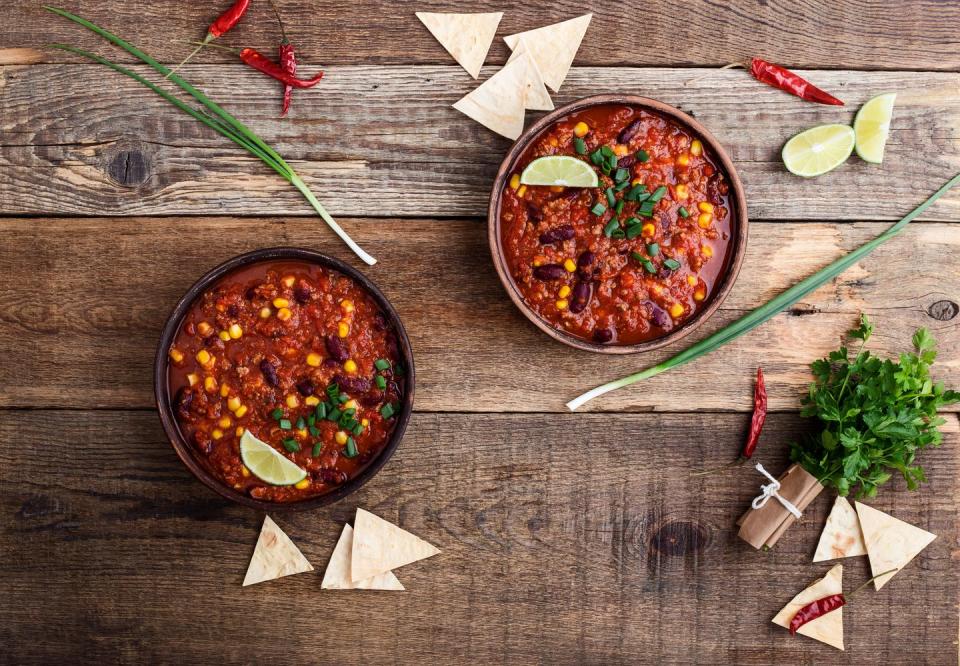
Red kidney beans
This humble little bean packs a whopping punch in the nutrition department. Not only does it contain 24g protein per 100g, it’s also a good source of iron, zinc, potassium, folate, and vitamins B6 and K.
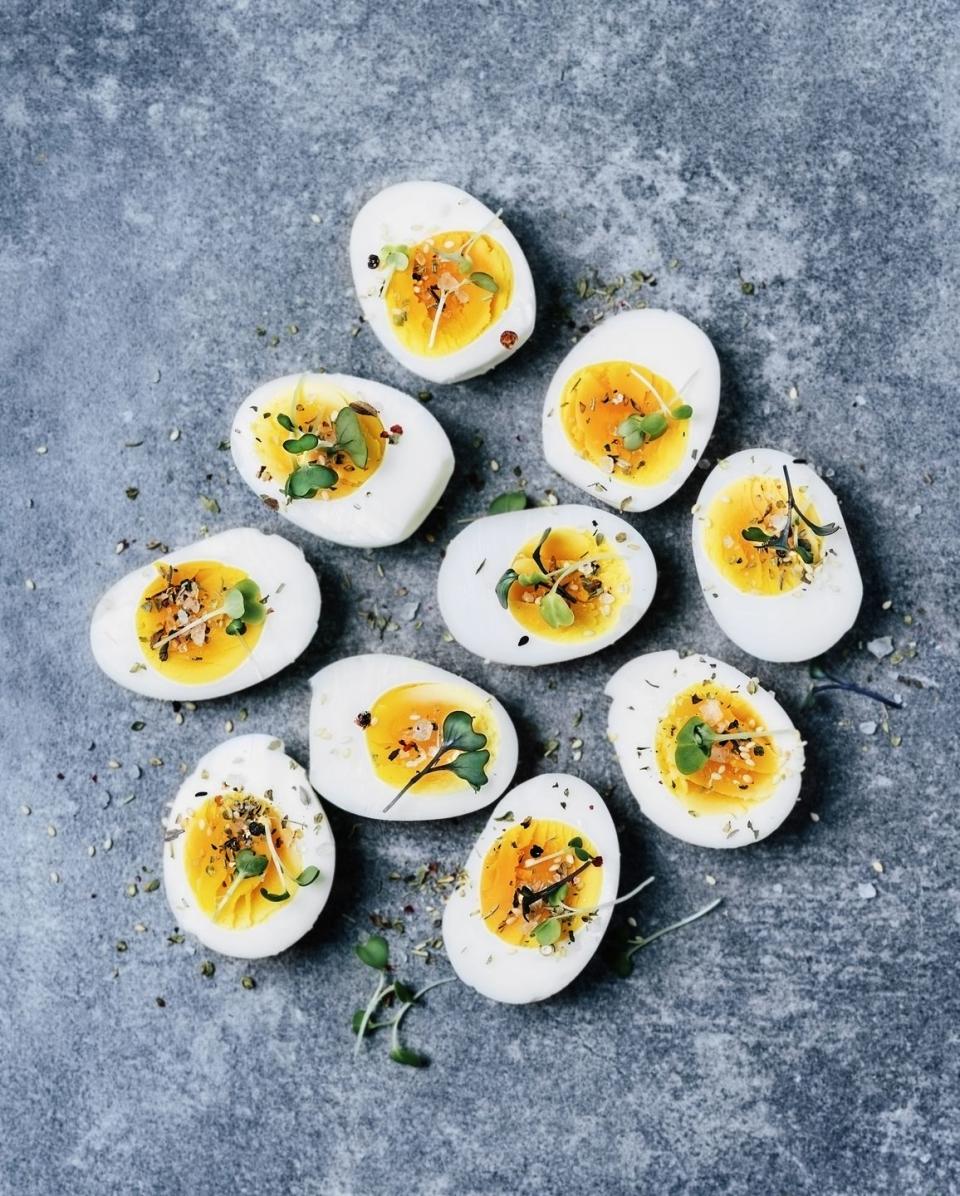
Eggs
The good old egg is a fantastic source healthy protein, packing in roughly 6g beneath its shell. Eggs are also full of other essential vitamin and minerals, including B vitamins, vitamin D and choline.
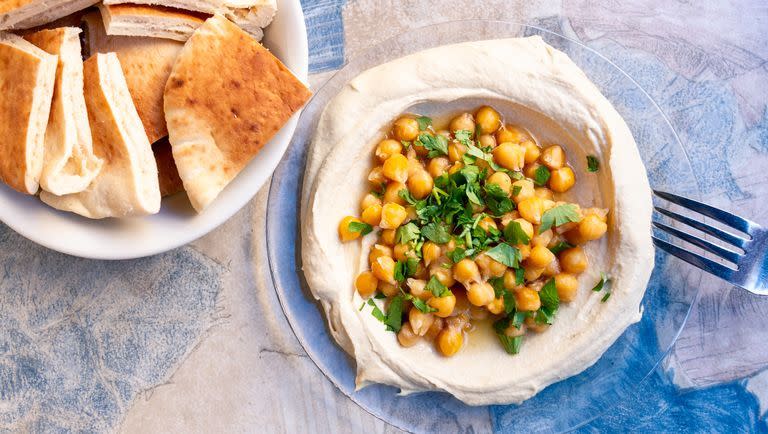
Chickpeas
Delicious roasted as a snack, or added to warming curries or stews, cheap-as-chips chickpeas are a healthy way to boost your protein intake, containing a hearty 19g per 100g.

Lentils
Not only are they a great plant-based source of protein (9g per 100g to be exact), lentils are also a fantastic source of iron, potassium and dietary fibre. They’re super filling and delicious added to hearty soups and stews.
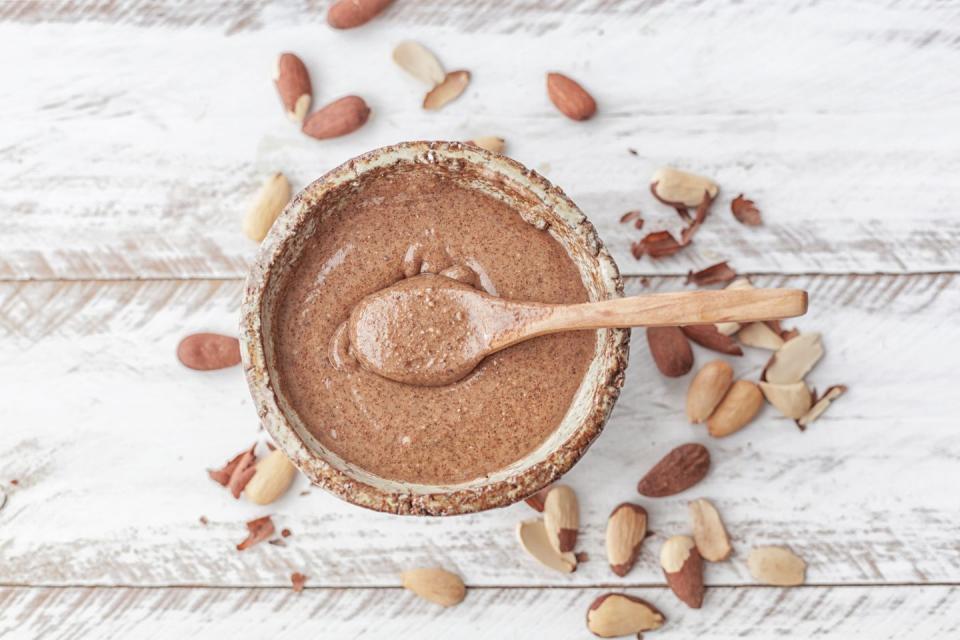
Nut butters
Nut butters (such as peanut or almond) are not only delicious, but they’re also nutritious! Containing roughly 25g protein per 100g, they are yummy added to smoothies or spread on wholewheat toast or oatcakes.

Pumpkin seeds
Perfect as a mid-meal snack, these small green seeds are heavyweights in the protein department (19g per 100g), as well as containing a host of other essential nutrients, including zinc, magnesium, iron, potassium and calcium.
Last updated: 08-01-2021
You Might Also Like


